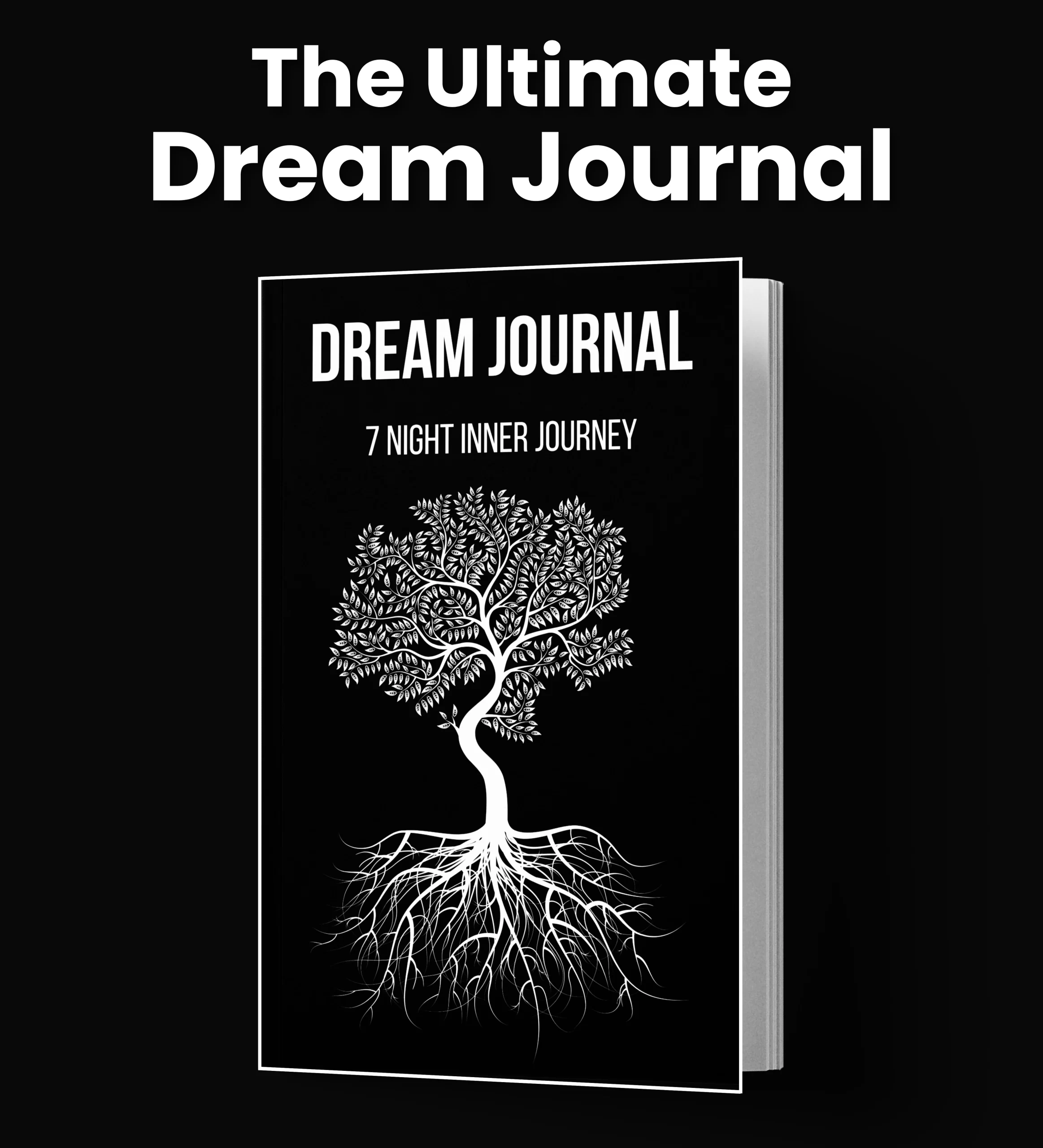Dreams are an intriguing and mysterious aspect of human consciousness, occurring primarily during the REM (Rapid Eye Movement) stage of sleep. Many people experience the phenomenon of dreams feeling significantly longer than their actual duration. This article aims to explore and explain the question: why dreams feel so long?
Understanding why dreams feel so long can offer valuable insights into cognitive processes and the workings of the brain during sleep. This study delves into the nature of REM sleep, the perception of time within dreams, and the psychological and neurological mechanisms that contribute to the sensation of extended dream duration. By examining experimental evidence, narrative structures, and external factors, we aim to provide a comprehensive explanation for this fascinating phenomenon. Understanding this can have broader implications for research in neuroscience, psychology, and even therapeutic applications.
Perception of Time Explains Why Dreams Feel So Long
Temporal Dilation in Dreams
Temporal dilation is the subjective experience of time passing differently in dreams. Research indicates that dreams often feel longer than their actual duration. Studies by LaBerge and colleagues have explored this phenomenon extensively. In their experiments with lucid dreamers, they found that subjective dream time could expand significantly compared to real time. This concept of temporal dilation is a well-documented feature of dream perception, offering a foundation for understanding why dreams feel prolonged compared to their actual duration.
One notable study by LaBerge involved participants signaling with eye movements while in a lucid dream. These signals allowed researchers to measure the duration of dream events compared to waking time. Results consistently showed that dream activities felt longer to the dreamer than they took in real time. This suggests that the brain’s perception of time during dreaming is inherently different from its waking state perception.
Cognitive Processes During Dreams
The brain processes time differently during sleep, particularly during REM sleep. During REM sleep, brain activity resembles waking consciousness but is less constrained by physical reality. This state allows for a more fluid and elastic sense of time. Cognitive theories suggest that the brain’s simulation of experiences during dreams can create a sense of prolonged duration.
Hobson and McCarley’s Activation-Synthesis Hypothesis is a key theory in this context. They propose that during REM sleep, the brainstem generates random signals that are synthesized by the cortex into coherent dreams. This process involves the brain simulating complex experiences without the constraints of real-world time. As a result, the brain can create rich, detailed narratives that seem to stretch over long periods, even though they occur within brief REM episodes.
Another cognitive aspect is the role of memory consolidation during sleep. The hippocampus, critical for forming and retrieving memories, is highly active during REM sleep. This activity might contribute to the detailed and prolonged narratives in dreams, as the brain integrates and replays experiences from waking life.
Connection to Prolonged Dream Perception
Temporal dilation and altered cognitive processes collectively lead to the sensation of longer dream duration. The unique brain processing during REM sleep enhances this effect. Several factors contribute to this connection:
- Complex Narratives: Dreams often contain intricate and detailed storylines. These narratives can give the impression of extended time passing, as the brain simulates various scenarios and events.
- Emotional Intensity: Emotionally charged dreams tend to feel longer. Studies have shown that strong emotions can affect time perception, making dream experiences feel more extended.
- Memory and Replay: The brain’s integration and replay of memories during REM sleep can create the illusion of longer dreams. The hippocampus plays a crucial role in this process, enhancing the vividness and complexity of dream narratives.
- Reduced Sensory Input: During sleep, the brain is less influenced by external sensory input. This reduction allows for a more immersive dream experience, where the brain can focus entirely on the dream narrative, further elongating the perceived time.
The Role Of Narrative and Content In Why Dreams Feel So Long
Dream Narrative Structures : The Key Behind Why Dreams Feel So Long
Complex and engaging narratives significantly affect perceived time in dreams. Dreams often feature intricate and detailed storylines. These narratives can make dream experiences feel much longer. Research shows that longer dream narratives correlate with longer perceived duration. The brain constructs elaborate scenarios that extend the sense of time.
Dreams often weave various events and scenes together. This stitching creates a cohesive and continuous experience. The seamless transition between different dream events enhances the feeling of prolonged time. This narrative complexity plays a crucial role in how long dreams feel.
Emotional Intensity
Emotionally intense dreams can affect time perception. Strong emotions can make dreams feel longer. Studies indicate that dreams with high emotional content often feel extended. Emotional intensity enhances memory and detail, prolonging the perceived duration. Cartwright’s research supports this, showing that emotions impact dream length.
Emotionally charged dreams can also lead to more vivid experiences. This vividness contributes to the sensation of extended time. The brain’s heightened emotional processing during REM sleep enhances this effect. As a result, dreams with strong emotions feel significantly longer.
Contribution to Why Dream Feels So Long
Narrative complexity and emotional intensity combine to create the sensation of extended dream duration. The brain’s ability to construct detailed narratives enhances this perception. Emotional intensity adds depth and vividness, further prolonging the experience. These factors are crucial for understanding why dreams feel so long.
Dreams often mirror waking life experiences and emotions. This mirroring can create a sense of continuity and extension. The brain’s simulation of real-life scenarios contributes to the prolonged feeling. This combination of narrative and emotion is key to the perception of extended dream duration.
If you wish to study your own dreams and what their lenght could mean about yourself, use the Self: Dream Analysis app.


